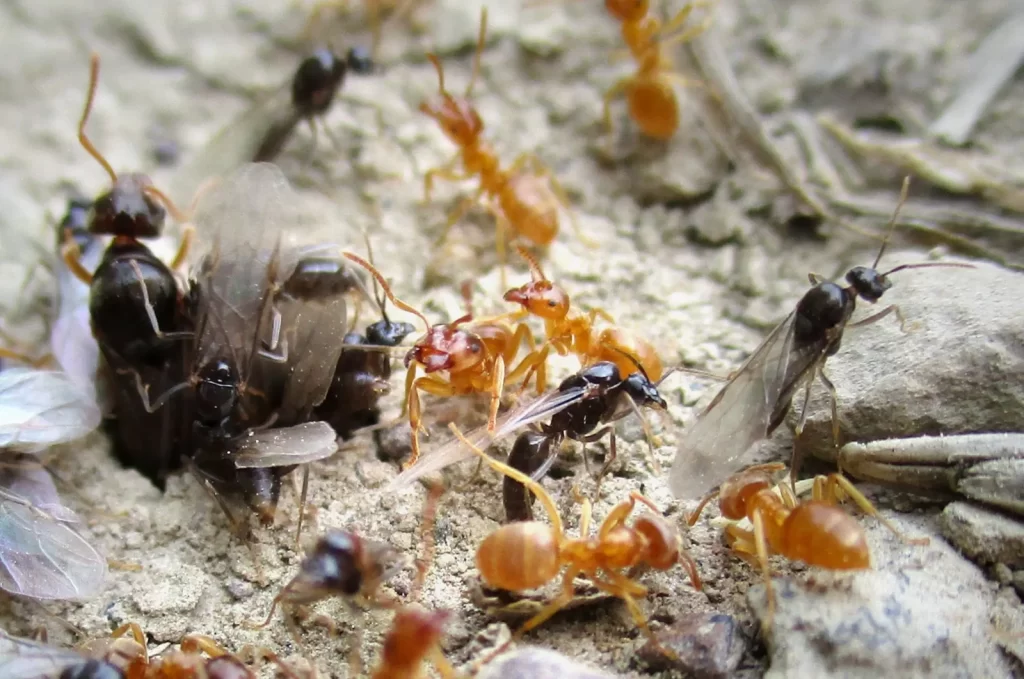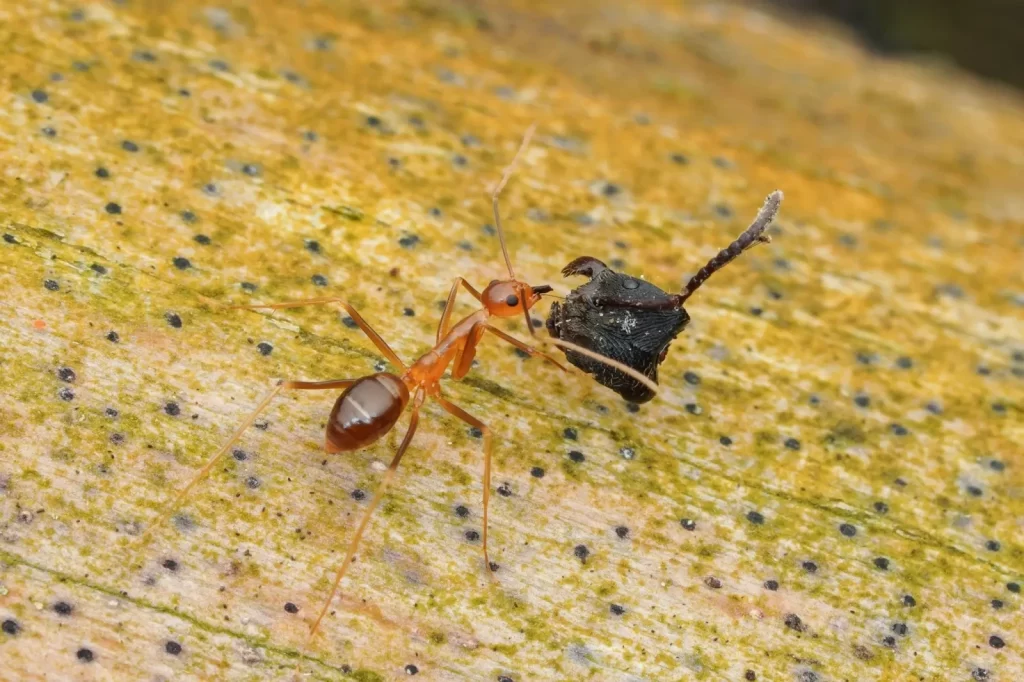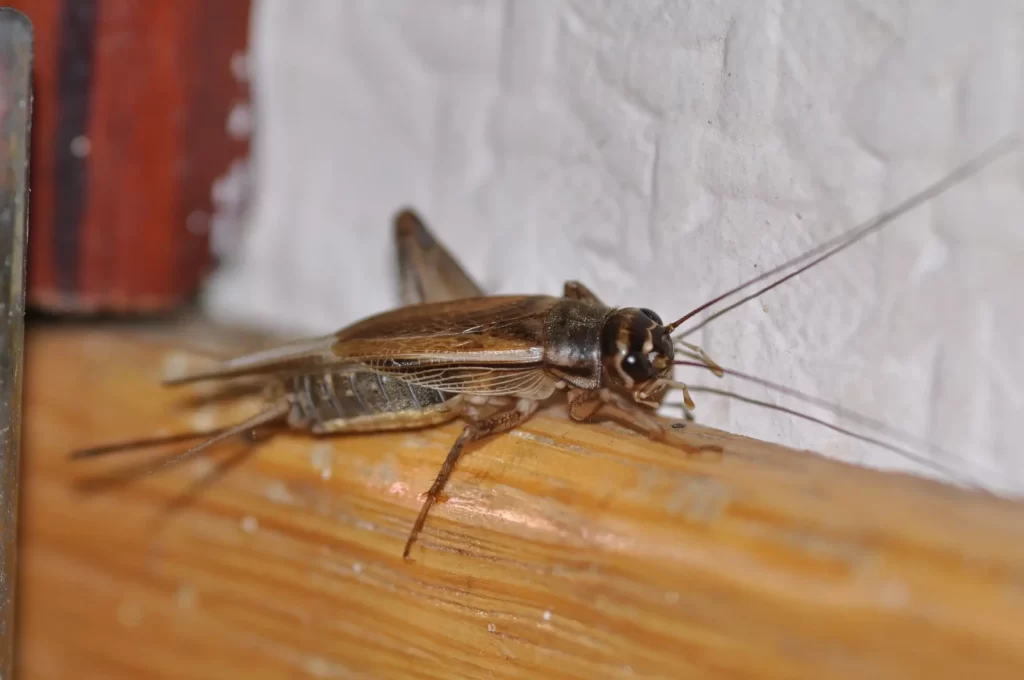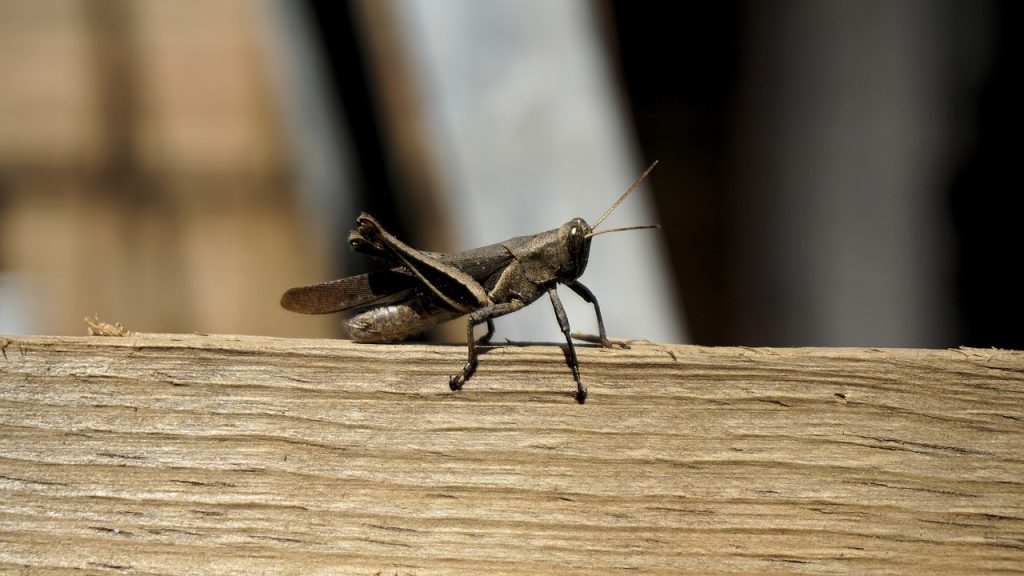Cockroaches are more than just an unsightly pest—they pose serious health risks to humans. These resilient insects can thrive in various environments, making them a common household problem. Unfortunately, their presence often leads to more than just discomfort. From spreading diseases to triggering allergic reactions, cockroaches can significantly impact your health and well-being.
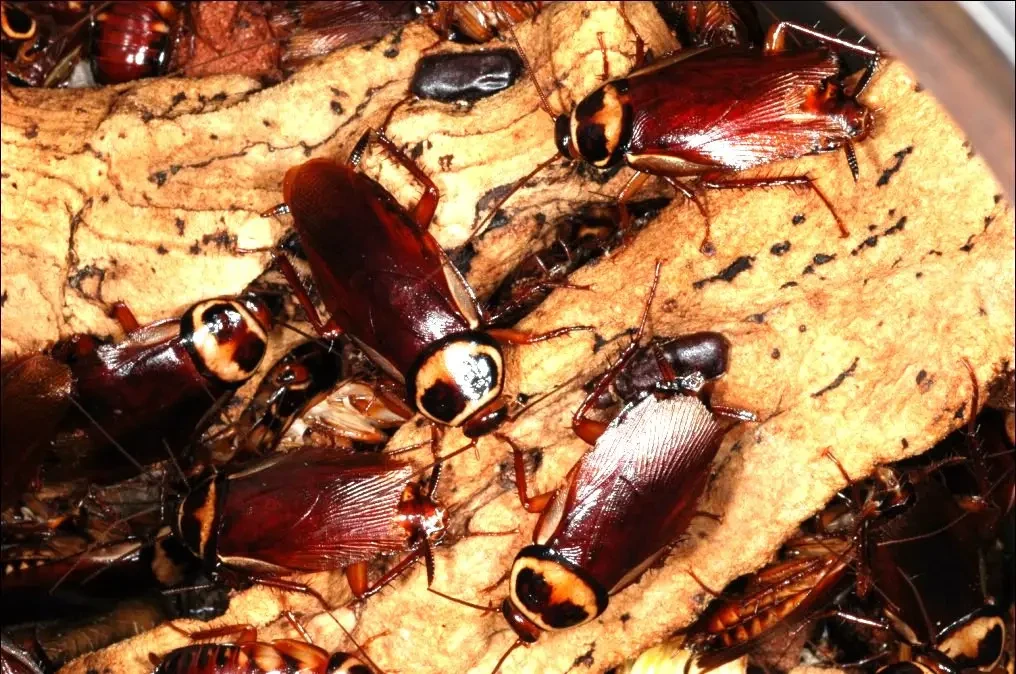
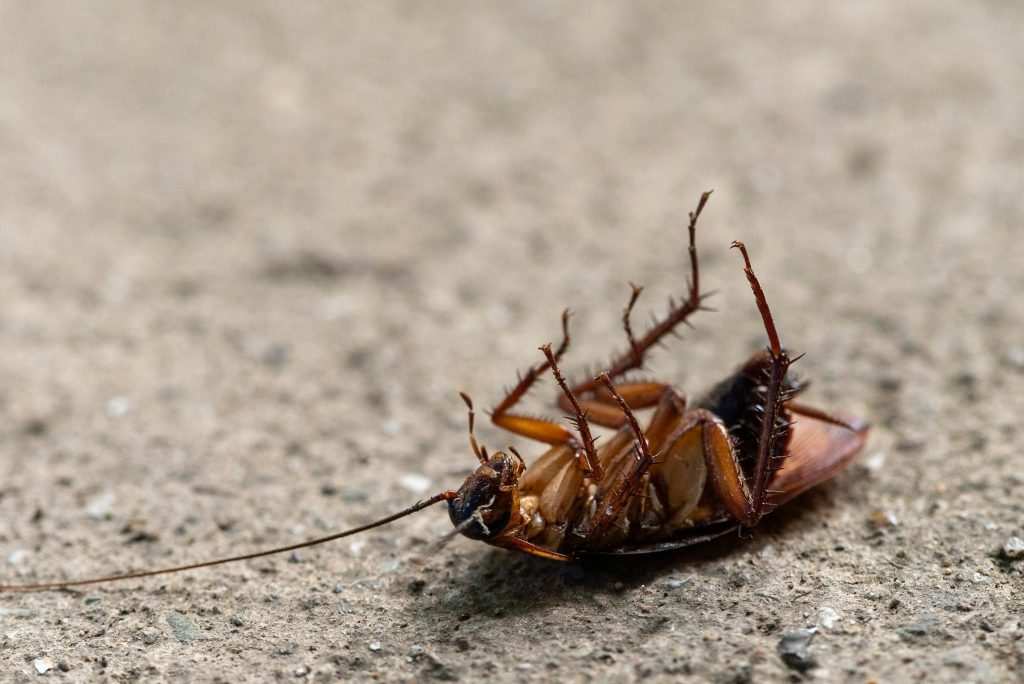
Understanding Cockroaches and Their Habits
Cockroaches adapt to almost any environment, which makes them particularly dangerous. They can easily infest homes, restaurants, and other spaces where hygiene is critical. Their rapid reproduction rate and nocturnal habits make infestations difficult to detect until they’ve already spread. These pests can carry pathogens and bacteria on their bodies due to the unsanitary environments they frequent. Whether crawling over food or through air ducts, cockroaches leave behind a trail of contaminants that can result in serious health concerns.
Health Risks of Cockroaches
Cockroaches are notorious for carrying a variety of pathogens and allergens. Their presence can lead to several health complications, particularly for individuals with pre-existing conditions. Below, we examine some of the major health risks associated with cockroach infestations.1. Disease Transmission
Cockroaches can carry bacteria like Salmonella, E. coli, and Staphylococcus, which can cause food poisoning, diarrhoea, and other gastrointestinal issues. As these pests scavenge through garbage and sewage, they pick up these harmful microorganisms and spread them wherever they travel, including kitchens and food storage areas. Key diseases spread by cockroaches include:- Salmonellosis: A bacterial infection that can cause severe gastrointestinal issues like vomiting, diarrhoea, and stomach cramps.
- Dysentery: An infection that leads to severe diarrhoea, sometimes with blood, caused by consuming contaminated food or water.
- Cholera: A bacterial disease that can cause extreme dehydration due to severe diarrhoea.
2. Respiratory Issues Due to Cockroaches
One of the lesser-known health risks posed by cockroaches is their role in triggering respiratory issues. Cockroaches produce allergens that can exacerbate conditions like asthma and bronchitis, especially in children and the elderly. Their droppings, saliva, and decomposing bodies can mix with dust and become airborne, leading to the inhalation of these harmful particles. How Cockroaches Affect Respiratory Health:- Asthma triggers: Studies have shown that exposure to cockroach allergens can significantly worsen asthma symptoms. In some cases, prolonged exposure can even lead to the development of asthma in young children.
- Allergic reactions: Individuals who are allergic to cockroach proteins may experience sneezing, runny nose, itchy eyes, and more severe symptoms like difficulty breathing.
- Bronchitis: Chronic exposure to cockroach allergens may irritate the respiratory tract, leading to bronchitis, a condition that causes inflammation of the bronchial tubes.
3. Food Contamination
Cockroaches are known to contaminate food supplies. They walk through garbage, sewage, and other waste, picking up germs that they then transfer to any food or surface they touch. When cockroaches come into contact with food, they can spread bacteria, leading to foodborne illnesses. Common symptoms of food contamination include:- Stomach cramps
- Nausea
- Vomiting
- Diarrhea

Preventing Cockroach-Related Health Risks
Taking proactive measures is essential to preventing the health risks associated with cockroaches. Below are some practical tips for keeping these pests out of your home or business and reducing the chances of illness. 1. Seal Entry Points- Close gaps and cracks: Cockroaches can enter your home through the smallest of openings. Be sure to seal cracks in walls, around windows, and indoors to prevent them from getting inside.
- Install door sweeps: Place door sweeps under doors to block cockroaches from entering through small gaps.
- Set traps: Use cockroach traps or bait stations to catch and kill cockroaches. These can be placed in high-traffic areas like kitchens and bathrooms.
- Hire a professional: For severe infestations, it may be necessary to contact a pest control professional to thoroughly eliminate the problem.
Protecting Vulnerable Individuals from Cockroach Allergens
Certain populations, such as children, the elderly, and those with asthma, are more vulnerable to the health risks posed by cockroach allergens. Taking the following steps can help minimize exposure:- Use air purifiers: Air purifiers with HEPA filters can help reduce airborne allergens, including cockroach particles.
- Clean floors and surfaces regularly: Vacuum carpets, rugs, and upholstered furniture to remove any allergens.
- Wash bedding and curtains: Frequently launder items that may collect dust and allergens.
| Health Risk | Description | Symptoms |
| Disease Transmission | Cockroaches carry bacteria like Salmonella and E. coli, which they spread through contact with food, utensils, and surfaces. | Diarrhea, vomiting, stomach cramps, fever |
| Respiratory Issues | Cockroach allergens, found in their droppings, saliva, and body parts, can trigger or worsen asthma and bronchitis, especially in vulnerable groups. | Wheezing, coughing, shortness of breath, asthma attacks |
| Allergic Reactions | Cockroach proteins can cause allergic reactions in sensitive individuals, especially children and those with respiratory conditions. | Sneezing, runny nose, itchy eyes, skin rashes, difficulty breathing |
| Food Contamination | Cockroaches contaminate food supplies with harmful bacteria and pathogens, leading to foodborne illnesses. | Nausea, vomiting, diarrhea, abdominal pain |
| Skin Infections | Contact with cockroach-contaminated surfaces may result in skin infections caused by bacteria they carry. | Redness, swelling, skin irritation, infection |
